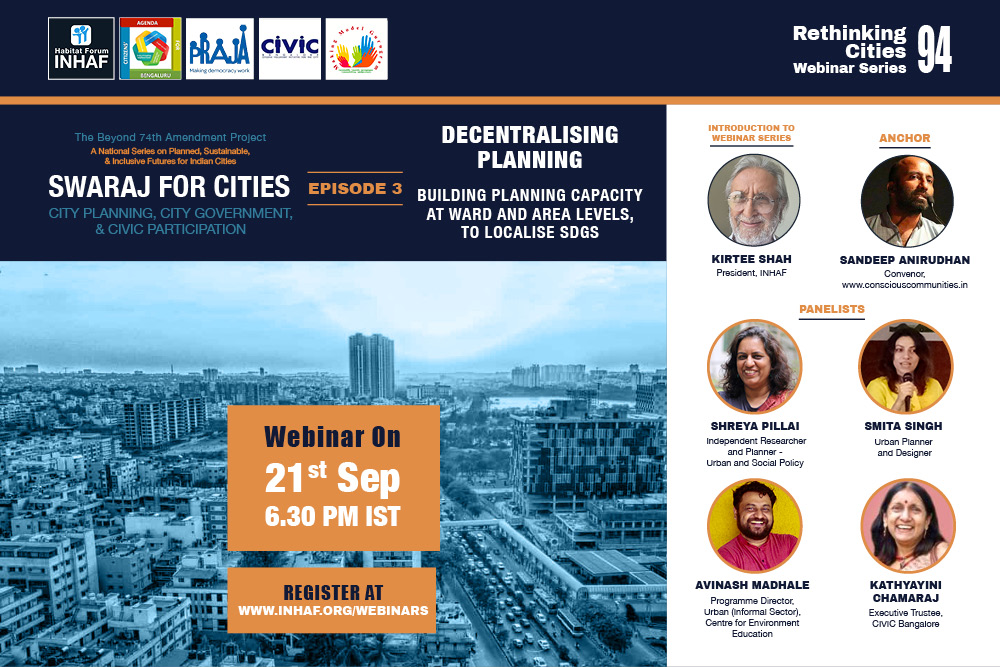
Speakers
-
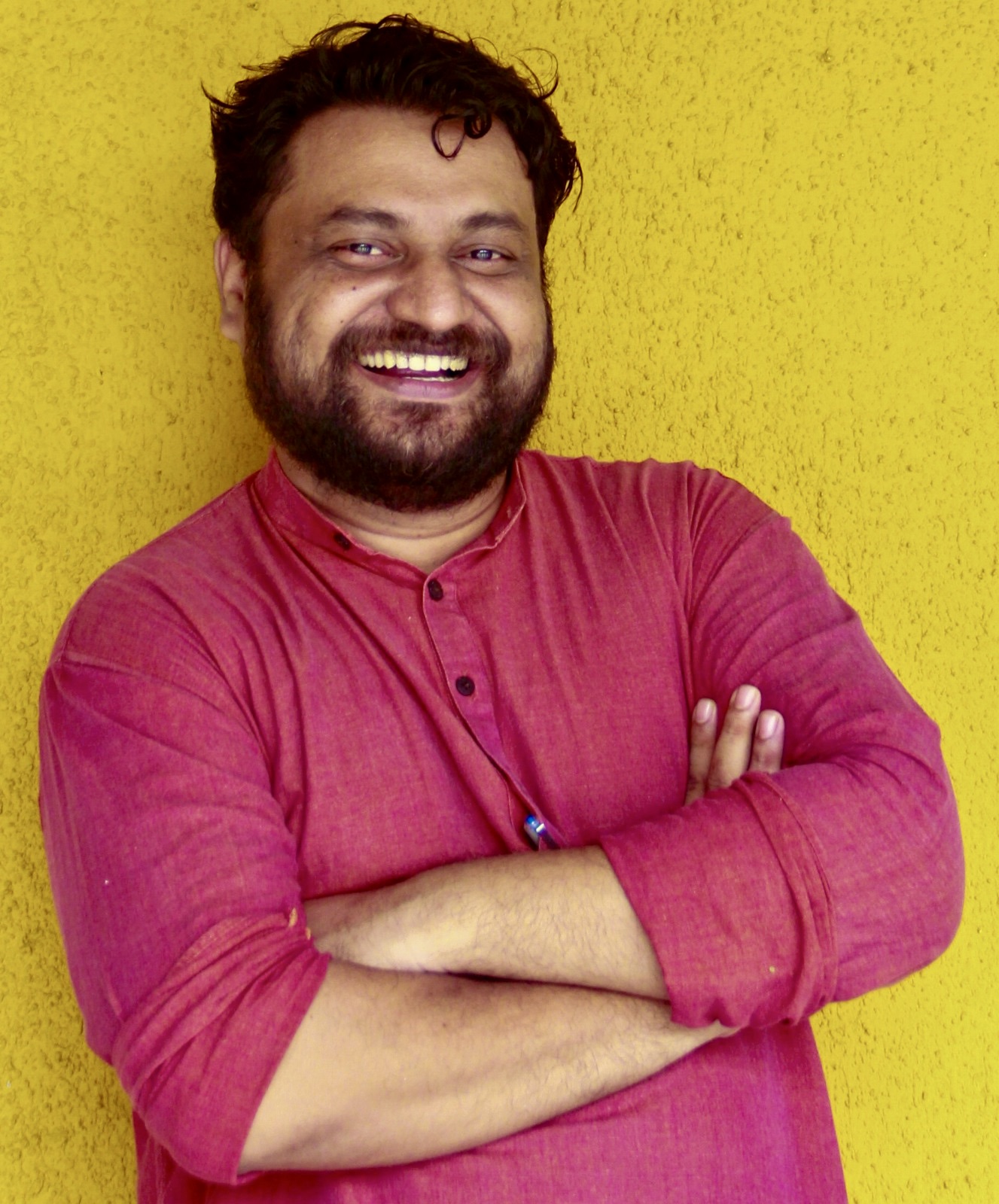 Avinash Madhale
Avinash MadhaleProgramme Coordinator (Urban)
CEE, Ahmedabad -
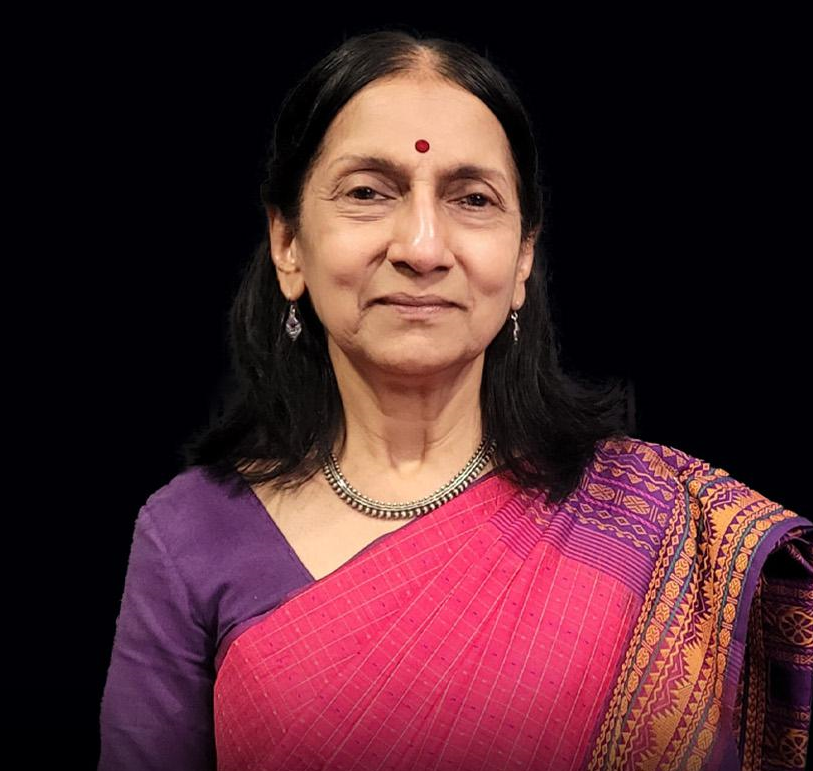 Kathyayini ChamarajExecutive Trustee, CIVIC
Kathyayini ChamarajExecutive Trustee, CIVICKathyayini Chamaraj is a freelance journalist writing for more than 3 decades on development issues. She is also the Executive Trustee of CIVIC Bangalore since 2005, which works on the effective implementation of the 74th CA and on the Rights to Food, Health, Education, Housing and Social Security for the urban poor. She has worked extensively with Government of Karnataka on child labour and primary education. She is involved with several organisations and social movements, especially the Right to Food and Work Campaign. She is a recipient of the ‘Journalism for Human Rights’ Award for 1997 given by PUCL, and the ‘Bengalurean of the Year’ award for 2015 given by Namma Bengaluru Foundation, among others.
-
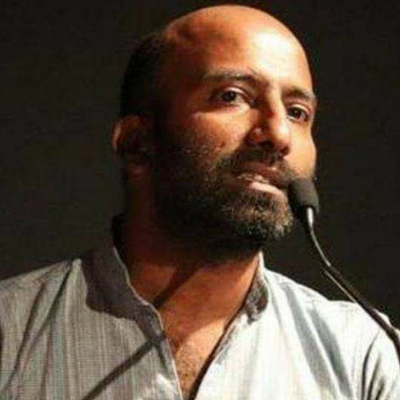 Sandeep Anirudhan
Sandeep AnirudhanSandeep Anirudhan is a full time volunteer, building communities to promote ‘conscious living’ as a tool to catalyze awareness and drive action, in areas such as Sustainability, City Governance, Climate Change, Citizen Engagement, Grass-root democracy, Education/Learning, Water Security, Sustainable Mobility, Lake Activism, Urban Community Farming, Natural Farming, Conservation, Green Activism, Restoration of our planetary ecosystems, etc., Please find his communities listed here: bit.ly/ConsciousCommunities
What inspired him? Sandeep Anirudhan was a Serial Entrepreneur and Management professional, whose witnessing of death up close opened up the self awareness that ‘death’ is ‘real’, that our ‘time’ in this ‘life’ is limited, and one must use the time we have on meaningful things; this realisation made him revisit all his life choices, prompted him to audit what he was doing with the time he has on hand. Realising that it is being wasted in a conventional lifestyle, he turned his back on it, and decided to use his time on ‘earth – our only home’, for its betterment.
Ever since, he has been living a life of questioning everything, and contribution to the planet and society. His personal and public lives are an example of ‘minimalism’, non-transactionalism and community engagement. He has not earned a penny since 2013, does not have any savings, survives on the hospitality of his family, spends all his time on advocacy and activism on myriad causes, supported by occasional public crowd-funding. He has put his trust in the universe. And that trust has paid off, enabling him to create so many different platforms for change. From experience, he says: ‘when one contributes selflessly to society, society has your back!
-
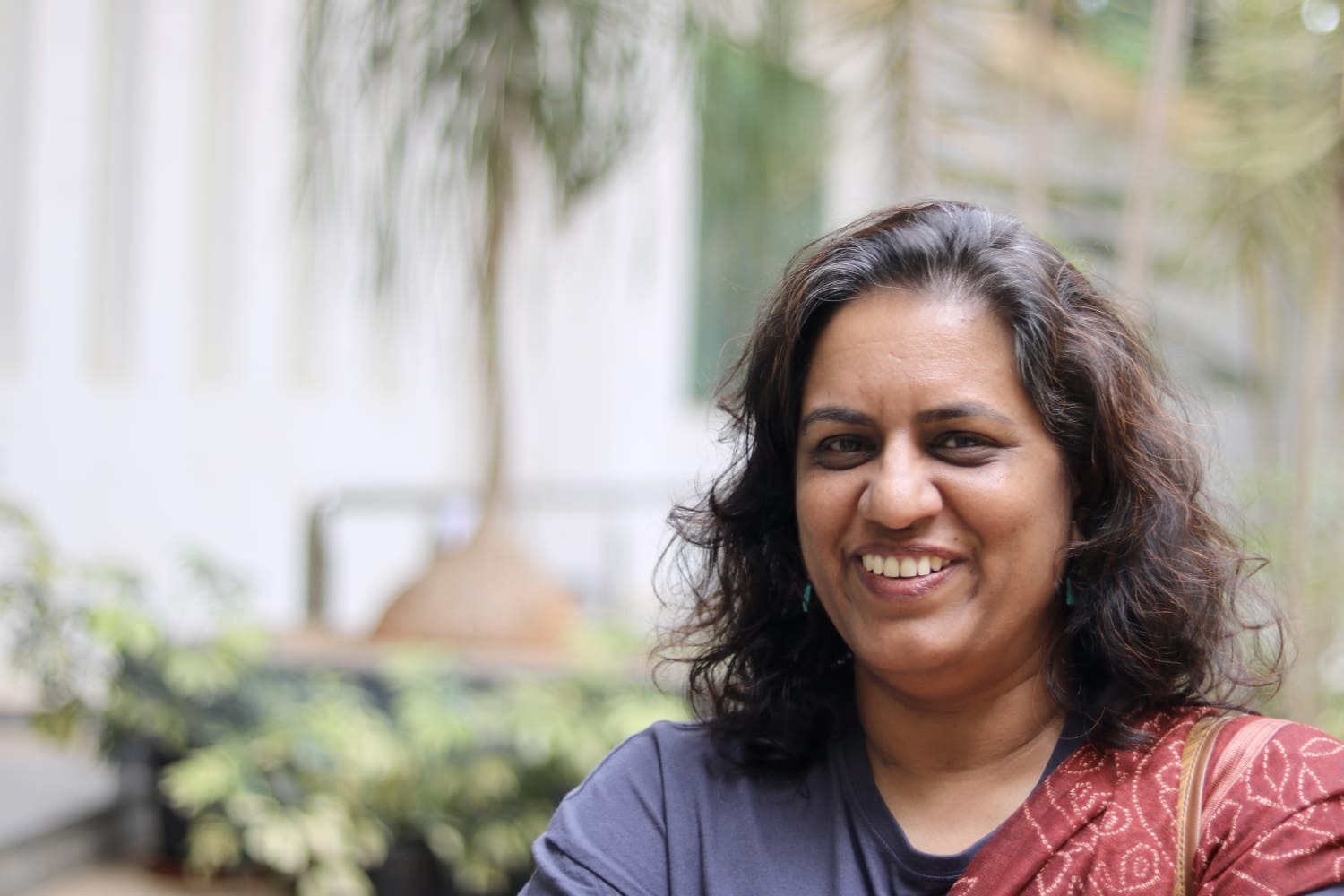 Shreya Pillai
Shreya PillaiShreya Pillai is an urban planner with a focus on policy, anthropology, gender, social and environmental safeguards and monitoring in infrastructure development. Over the past twenty plus years, she has worked with corporates, non-profits, multilateral donor agencies and governments in various positions of public policy and research. These include the World Bank, the Asian Development Bank, and Department for International Development, Gov of UK, State of Maryland, USA and Environmental Planning Collaborative (EPC), Ahmedabad. Her last project was the Karnataka Integrated Urban Water Management Infrastructure Project. She is based in Bangalore, India
-
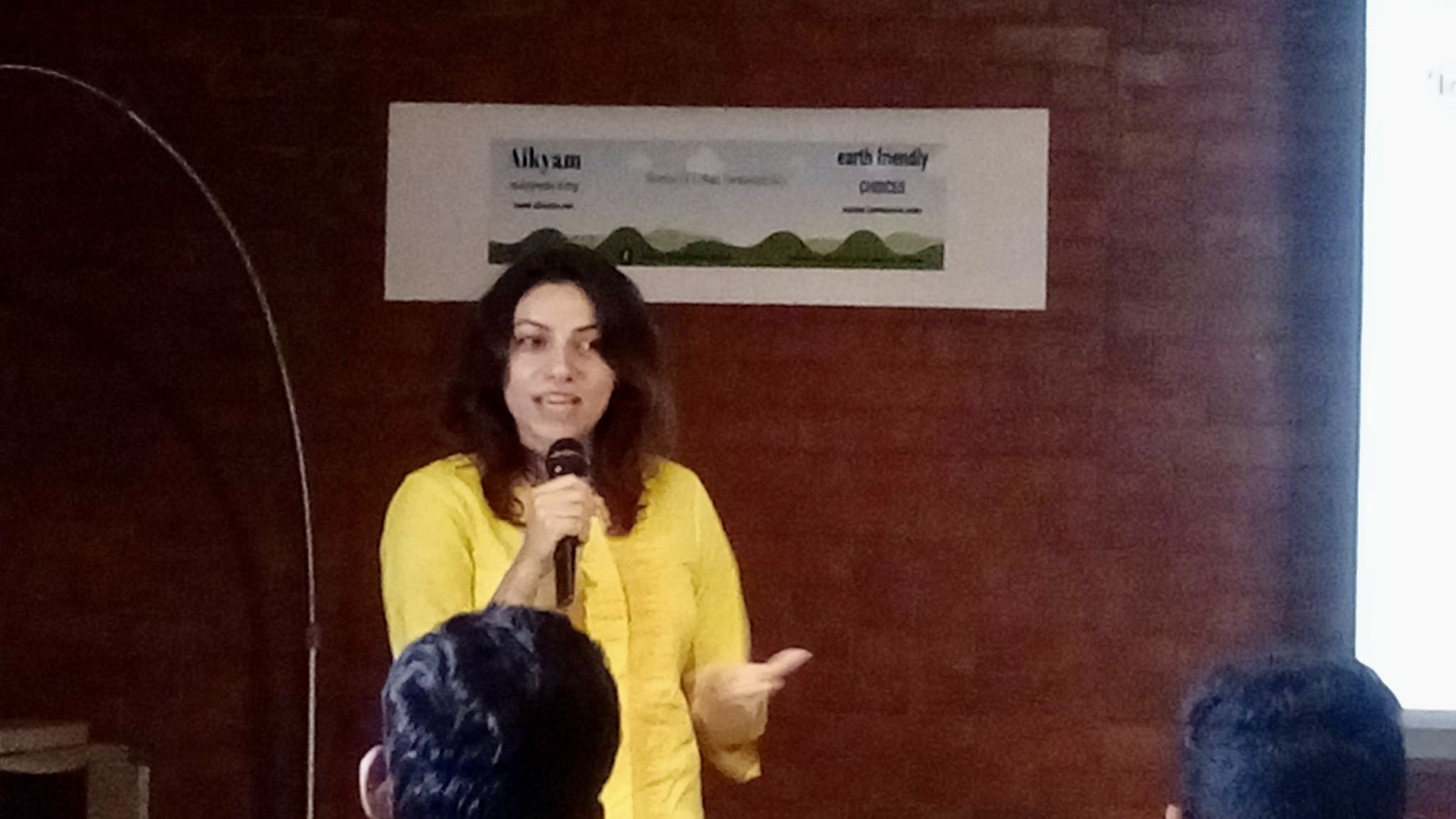 Smita Singh
Smita SinghUrban designer, urban planner and real estate consultant. Principal-Urban Design at Atto Atelier, Visiting faculty-School of Planning and Architecture, Delhi and consultant to IFC, World Bank. Member – Institute of Town Planners, India and Institute of Urban Designers, India.
Local Time
- Timezone: America/New_York
- Date: Sep 21 2023
- Time: 9:00 am - 10:30 am
Decentralising Planning: Building Planning Capacity at Ward and Area Levels, to Localise SDGs
The 74th Amendment of our constitution and various related laws legislated at the state levels, prioritise deepening democracy at the local level. In a planning context, it means Bottom up planning; Local Area Plans have to be developed at the grass root levels, at the Area Sabha level, at the Ward Levels, and these need to be consolidated into the district Masterplan by the Metropolitan Planning Committee. MPC has to provide the guidelines for ward level planning and City level planning. The area level and ward level plans have to follow and be in tune with the overall vision of the MPC development plan.
But the big question is how do Area Planning Committees and Ward Planning Committees build capacity to take on the task of planning? Are common citizens up to the task? Would they understand the nuances and frameworks of Planning? What innovations might be required to support or facilitate citizens’ efforts to meet the challenges of planning for their areas? What facilitation might be required for everyday citizens to become planning literate, so that they can participate and contribute to the planning of their neighbourhoods?
